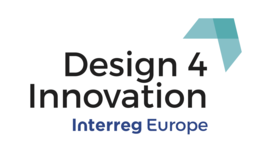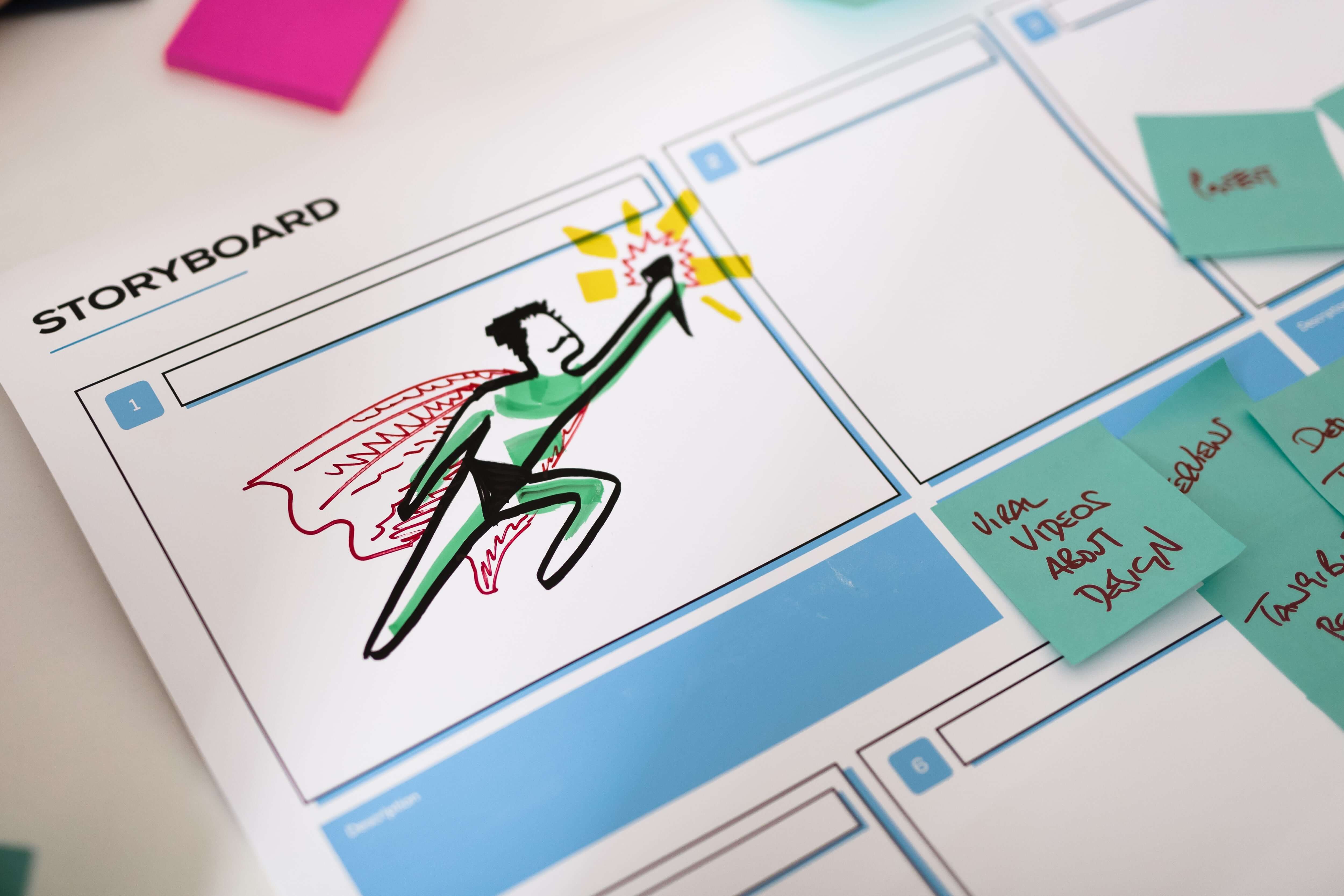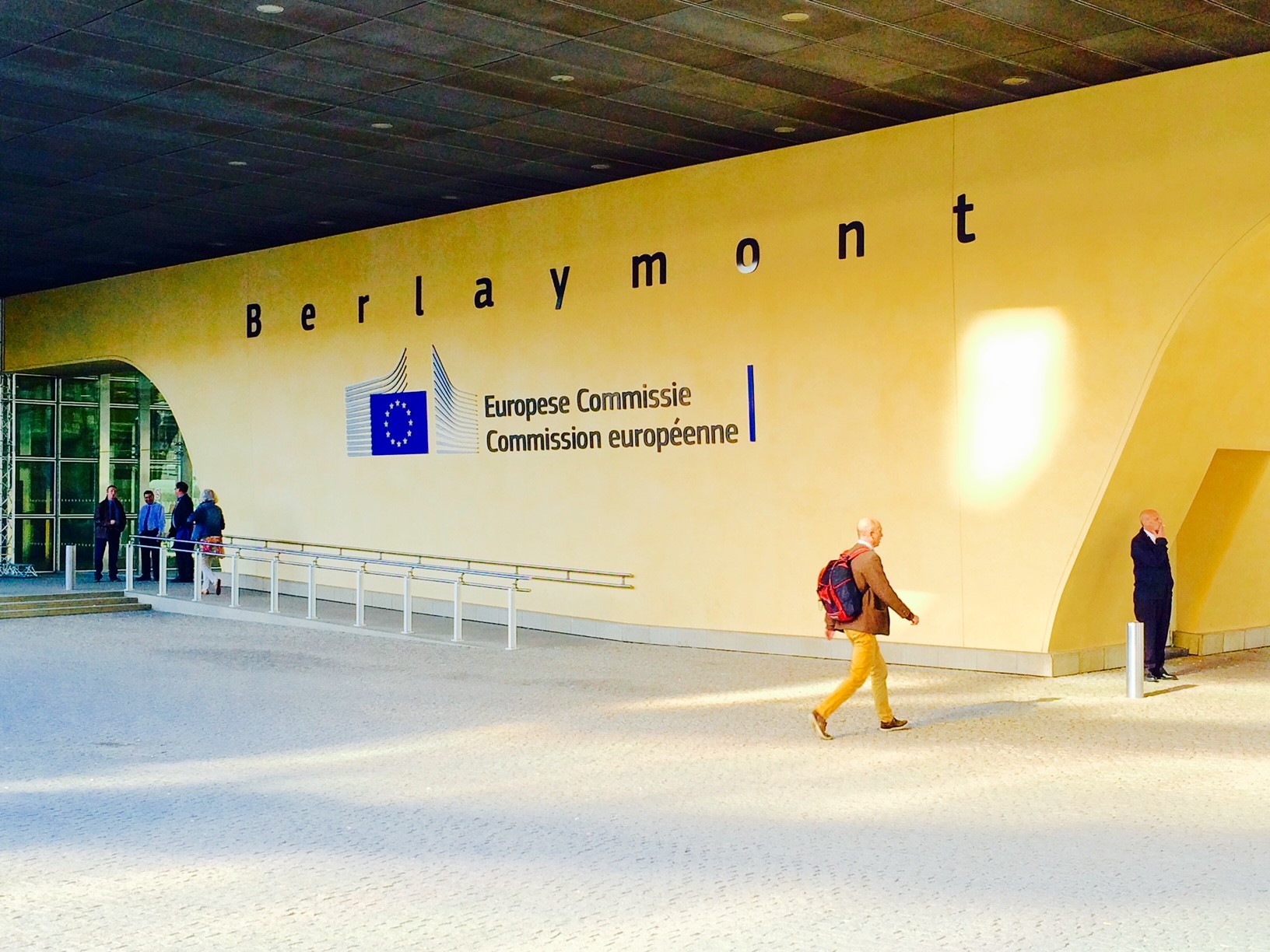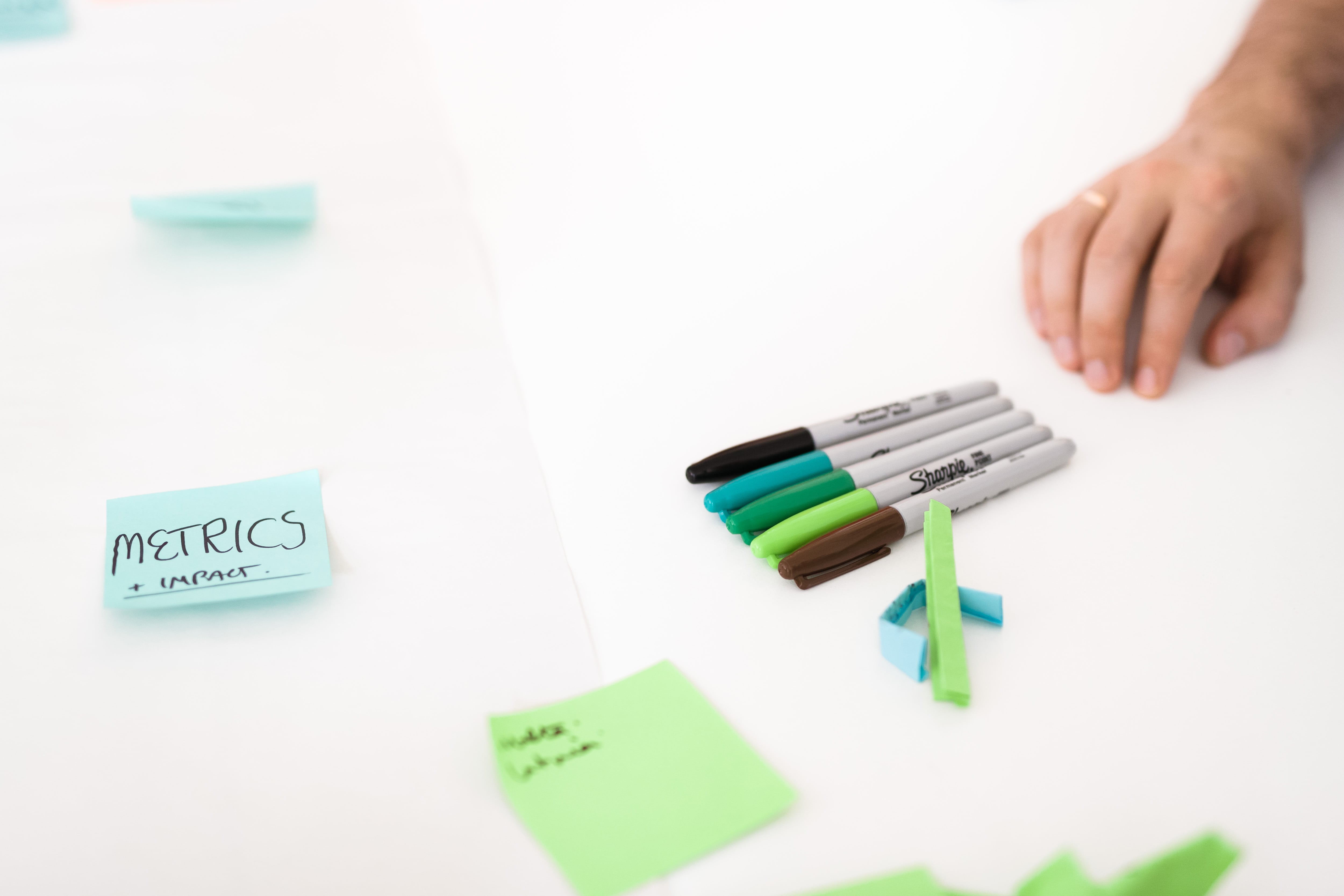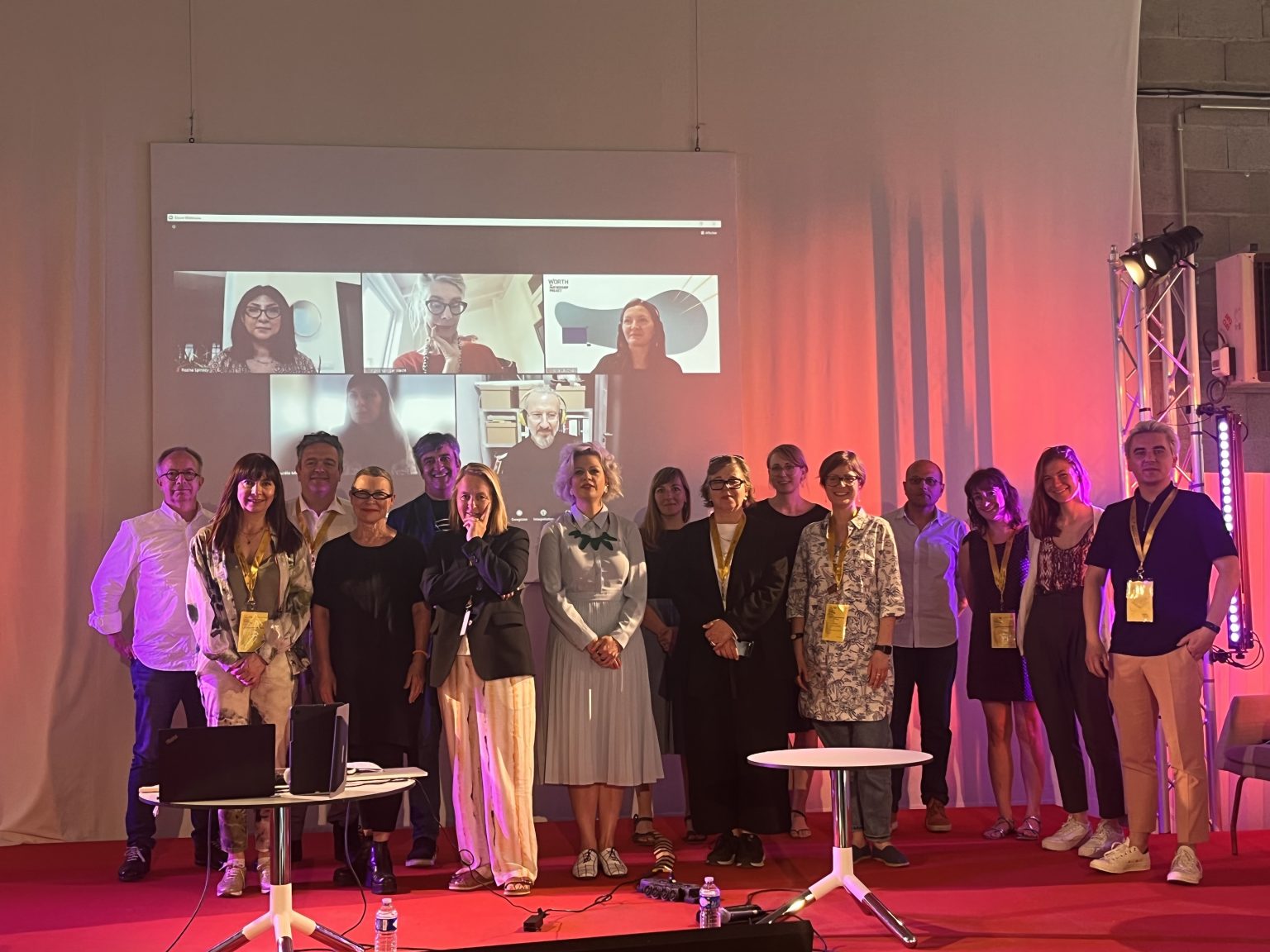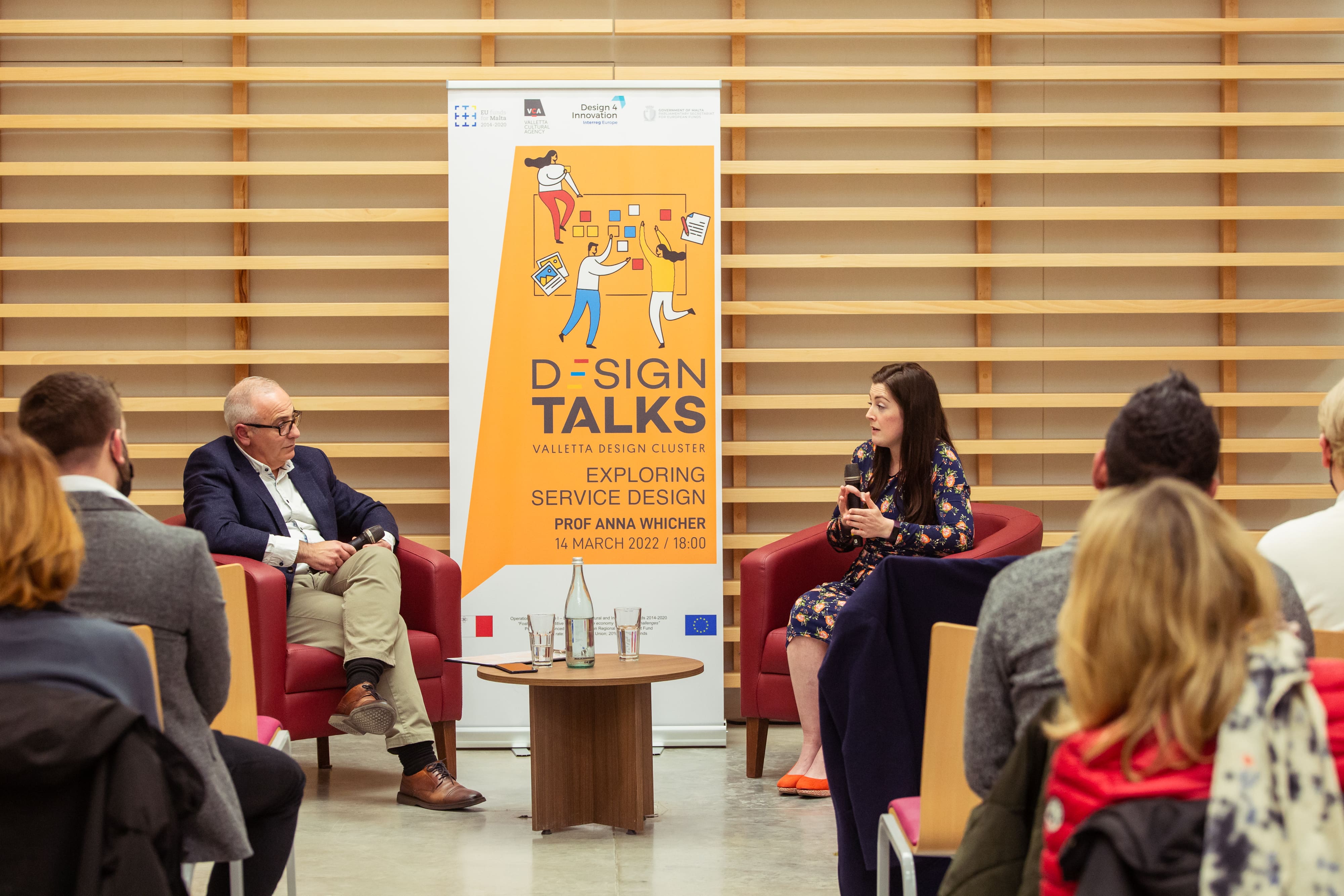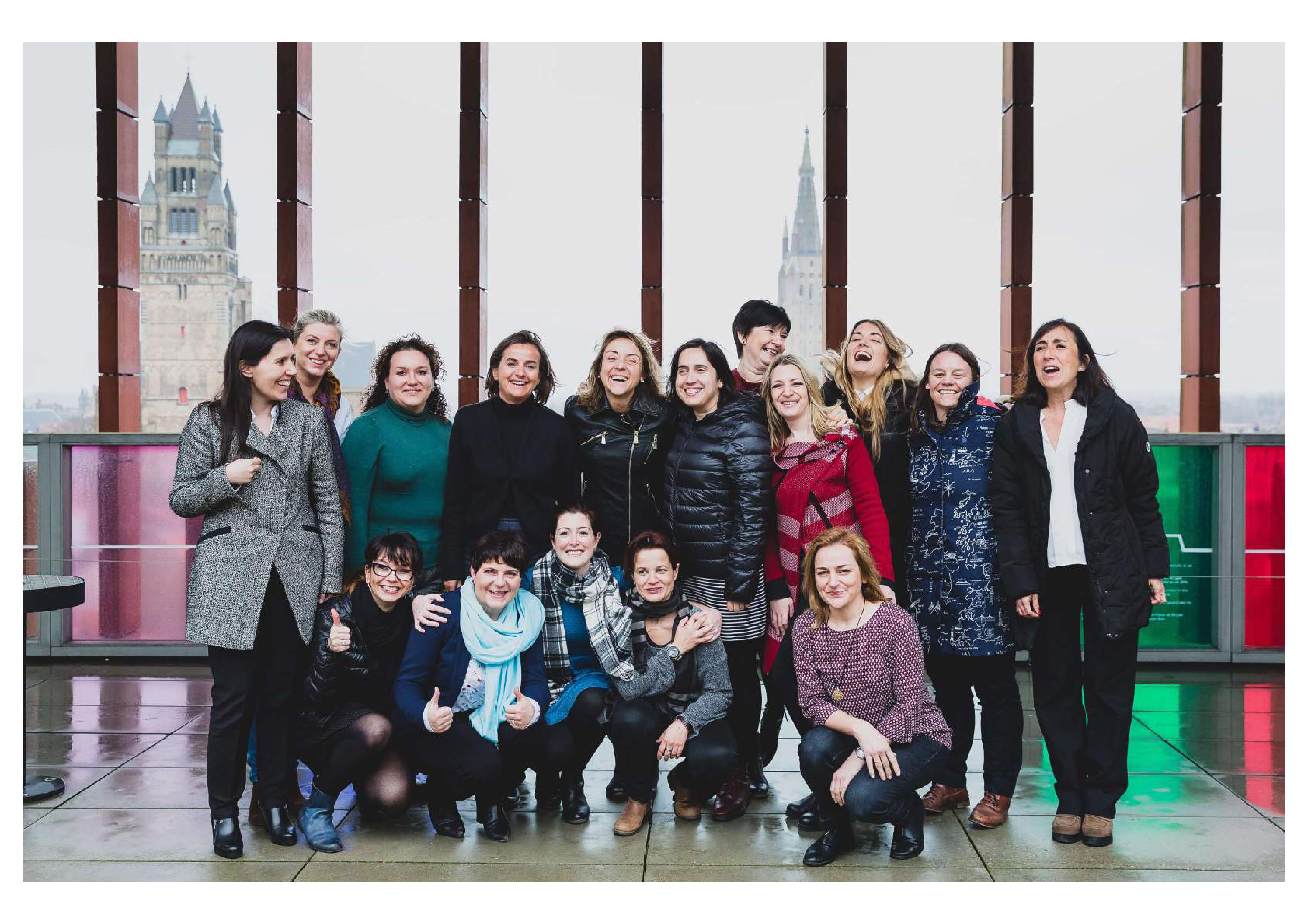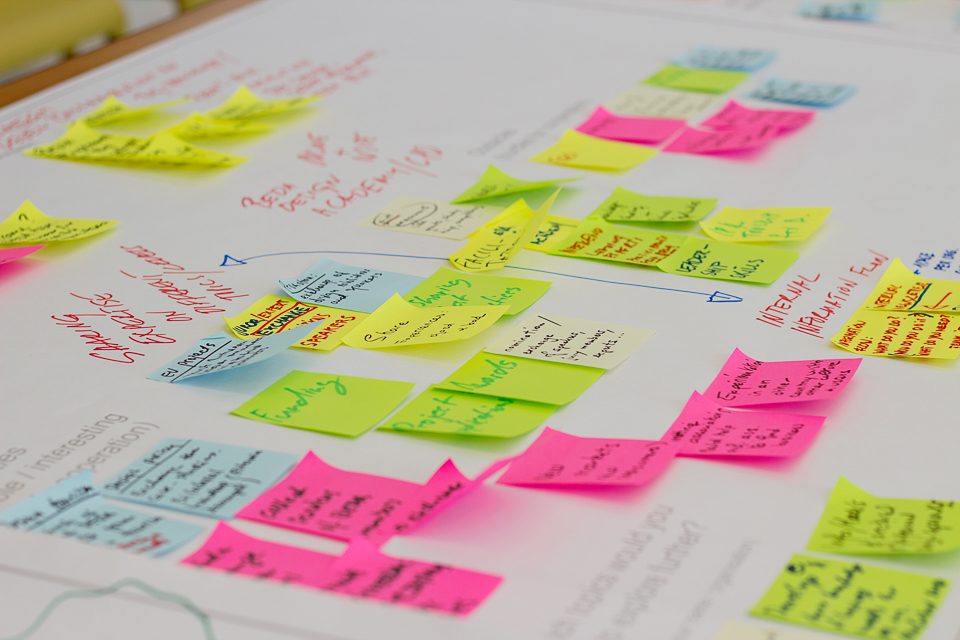User-Factor is a knowledge exchange project between eight European partners who aim to exchange best practice in user-centred design and design-driven innovation support for small and medium enterprises (SMEs) and then to test design support delivery in our regions to find out what are the specific requirements of SMEs in regard to provision of such support, what works well and what are the main challenges that need addressing in future support programmes.
To do that project partners developed eight small scale pilot support programmes that engaged 246 micro, small and medium companies across the Atlantic Area region. Programmes predominantly offered design training, mentoring and tailored advice services, there were pilots that also offered direct design intervention or were focused on improvement of existing design support programmes.
The evaluation of pilot programmes revealed that they succeeded in building the design culture among small businesses, raising awareness of design and its benefits, and improving understanding of users, methods of engaging and innovating with them. Across many pilot programmes, businesses declared new skills gained, increased capabilities, and improved internal processes and business management. SMEs in majority agreed that design can increase competitiveness and profitability and improve brand image. Many businesses went on investing in design and creating new design-related roles. Pilots where more in-depth interventions were offered, or design service was provided directly, managed to result in new or improved products and services leading to opening new markets or increase in sales.
Based on the knowledge exchange process and testing various modes of design support with almost 250 SMEs, the project partners came up with a number of recommendations for future support programmes:
- Design support is accompanied by design awareness-raising activities that in succinct and relevant to SMEs way explain what design is and what it can offer to their business, using real life examples.
- The programmes are developed using design process to ensure they respond to SMEs’ needs, the support process is digitalised and streamlined, taking as much administrative burden of SMEs as possible, clearly explained from the outset and that the expectations regarding the outcome are set.
- The whole design innovation ecosystem is engaged in co-developing and co-delivering the programme – in this way it will leverage the impact and ensure that duplication of effort is avoided and opportunities for synergies capitalized on.
- The support includes new and emerging topics such as for instance design for circularity, for digital and virtual interactions, for services and policies.
- Design support considers the design sector and provides support to designers as well to ensure a supply of high quality and up-to-date design expertise.
